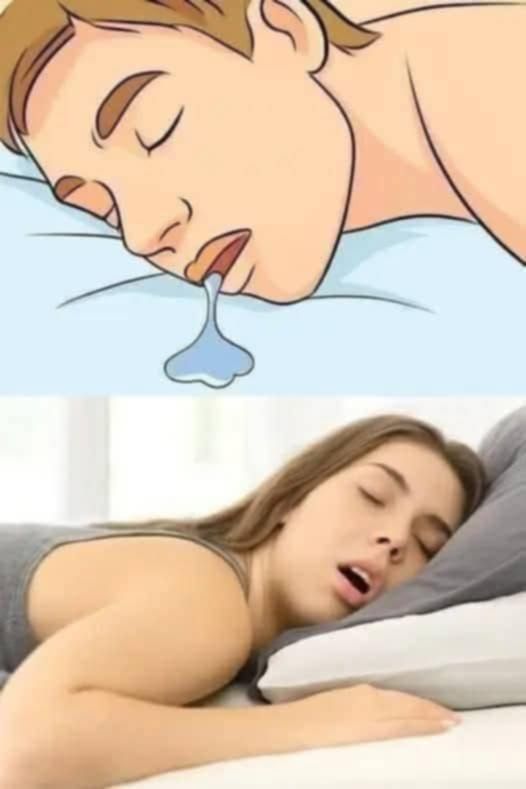Young Programmer’s Nighttime Drooling Leads to Unexpected Health Discovery
Xiao Liang, a 25-year-old programmer from China, began noticing an embarrassing issue—excessive drooling while sleeping. Concerned about the sudden change, he decided to seek medical advice. A CT scan unexpectedly revealed early signs of cerebral blood vessel blockage, a condition that, if left untreated, could increase the risk of a stroke. Thankfully, the early diagnosis allowed him to take preventive measures.
Drooling is an involuntary process controlled by the autonomic nervous system. While occasional drooling is normal, frequent or excessive drooling in adults may indicate an underlying health concern. Several factors contribute to this condition:
Mouth Breathing – Sleeping with an open mouth due to nasal congestion or other respiratory issues can lead to drooling.Stress and Fatigue – High levels of stress or exhaustion can affect muscle control, making it harder to keep saliva in the mouth.Sleeping Position – Sleeping on one’s side or stomach may cause saliva to escape due to gravity.Neurological and Medical Conditions – Persistent drooling in adults can be linked to conditions such as oral infections, facial paralysis, gastroesophageal reflux disease (GERD), Parkinson’s disease, cerebral thrombosis, or arteriosclerosis. In severe cases, excessive drooling may indicate neurological disorders affecting muscle coordination.How to Reduce Nighttime Drooling
